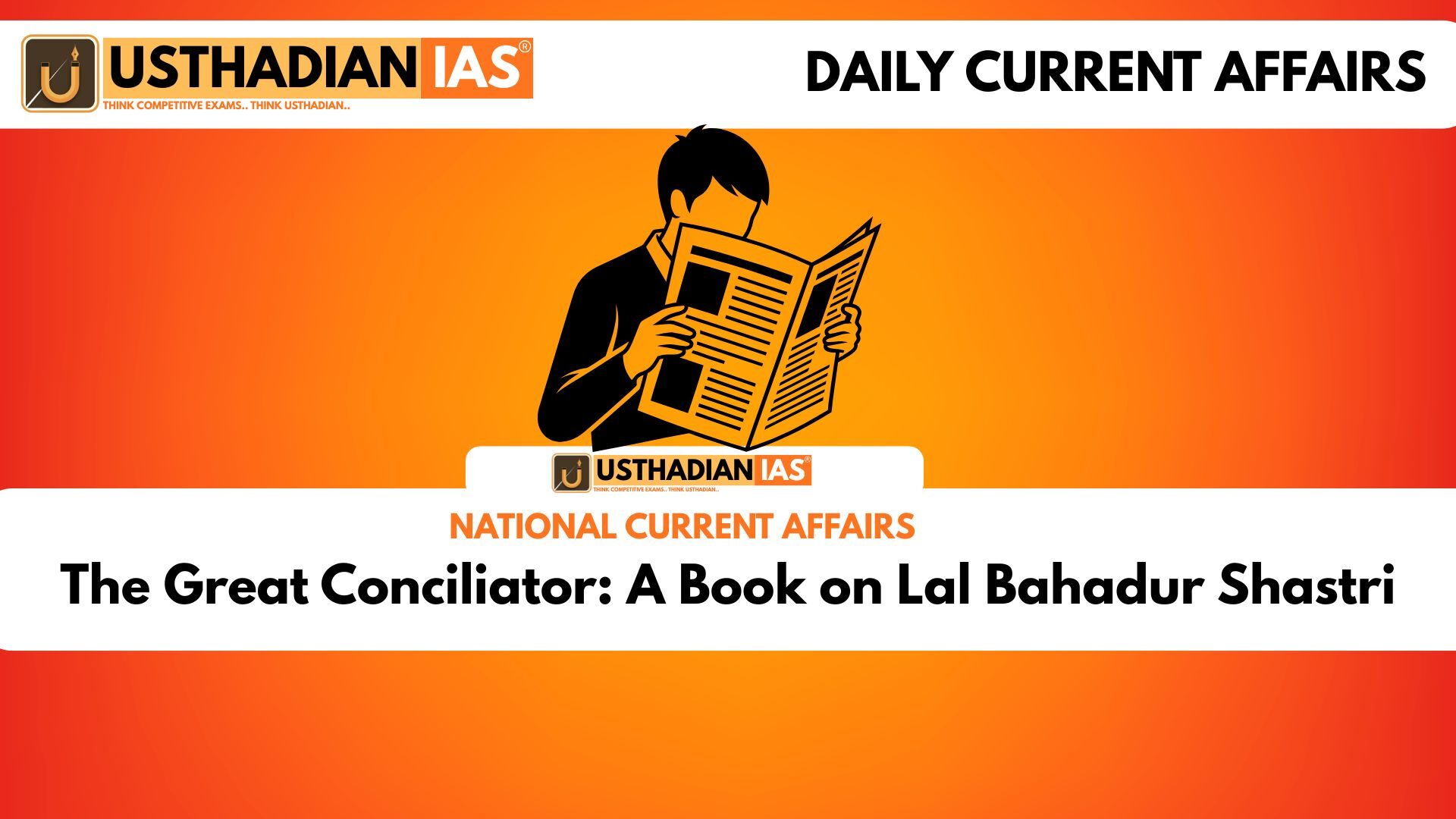A Fresh Lens on a Forgotten Statesman
The Great Conciliator: A Book on Lal Bahadur Shastri : The Great Conciliator: Lal Bahadur Shastri and the Transformation of India, authored by Sanjeev Chopra, offers a long-overdue exploration of India’s second Prime Minister. Despite playing a critical role in post-Nehru stabilization, Shastri remains an underrated national figure. Chopra’s book traces his ideological growth, administrative style, and pivotal decisions that shaped India’s internal and external policies.
Humble Beginnings and Grounded Leadership
Born in Mughalsarai (now Pandit Deen Dayal Upadhyaya Nagar) in a middle-class Kayastha family, Shastri grew up surrounded by values of discipline and simplicity. His time at Kashi Vidyapith, a nationalist institution, shaped his moral compass and nurtured a belief in consensus-driven governance. Unlike his more assertive contemporaries, he preferred to listen, adapt, and unify, earning him the title of a “conciliator.”
Critical Reforms and National Slogans
One of Shastri’s biggest contributions was the formation of the Border Security Force (BSF) in response to the Rann of Kutch conflict, where state-managed border policing proved ineffective. He persuaded states to centralize the task under a single force. During the 1965 Indo-Pak war, he coined the now-iconic slogan “Jai Jawan, Jai Kisan”, emphasizing the dual pillars of national strength: the soldier and the farmer. The slogan sparked both agricultural reforms and public morale, defining his vision for a resilient India.
Why Shastri Was Overshadowed
Unlike Jawaharlal Nehru or Indira Gandhi, Shastri avoided flamboyance. His modest lifestyle, absence of self-promotion, and preference for dialogue over dominance made him a rare political figure. While this humility earned public affection, it also resulted in less historical recognition. Chopra’s book revisits this void, presenting him as a model of ethical leadership and administrative clarity.
Shastri’s Model of Governance in Modern India
In today’s complex political environment, Shastri’s leadership style remains relevant. His approach of “practical patriotism”, dialogue-based decision-making, and national unity without polarization is a reminder that effective governance is rooted in integrity, not charisma alone. Chopra’s work serves as a leadership manual, showcasing how simplicity can co-exist with strong statecraft.
STATIC GK SNAPSHOT
The Great Conciliator: A Book on Lal Bahadur Shastri :
| Feature | Details |
| Book Title | The Great Conciliator: Lal Bahadur Shastri and the Transformation of India |
| Author | Sanjeev Chopra (Retired IAS officer) |
| Subject | Biography of Lal Bahadur Shastri |
| Famous Slogan | “Jai Jawan, Jai Kisan” (1965 Indo-Pak War) |
| Major Contribution | Formation of Border Security Force (BSF) |
| Birthplace of Shastri | Mughalsarai, now Pandit Deen Dayal Upadhyaya Nagar |
| Education | Kashi Vidyapith, Varanasi |
| Style of Leadership | Consensus-builder, grounded, ethical |
| Reason for Recognition Today | Integrity, modesty, and inclusive leadership |








